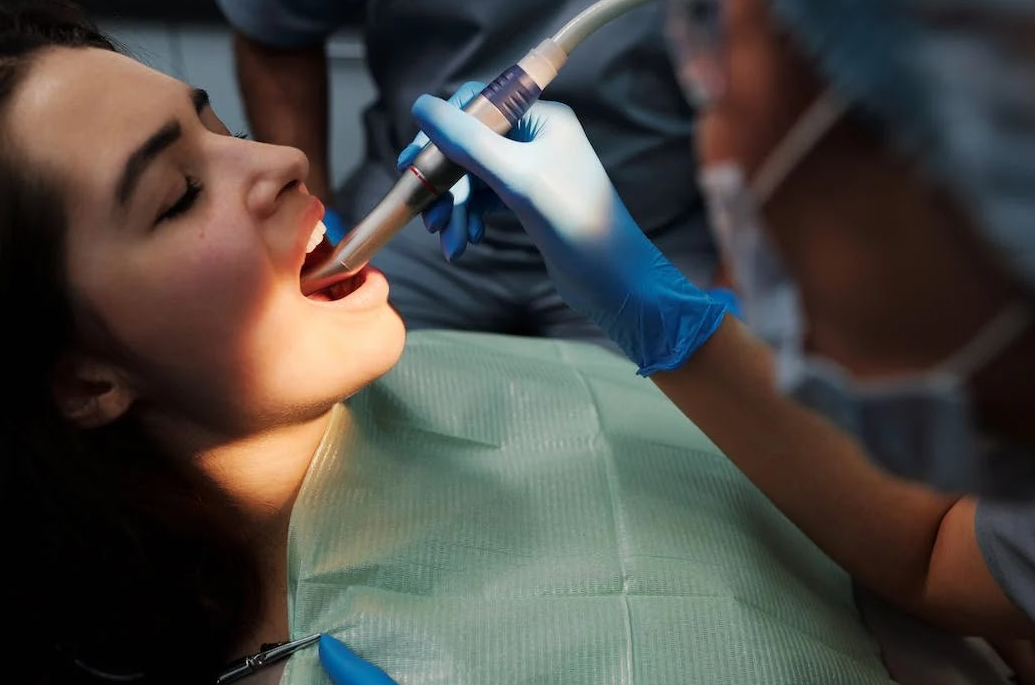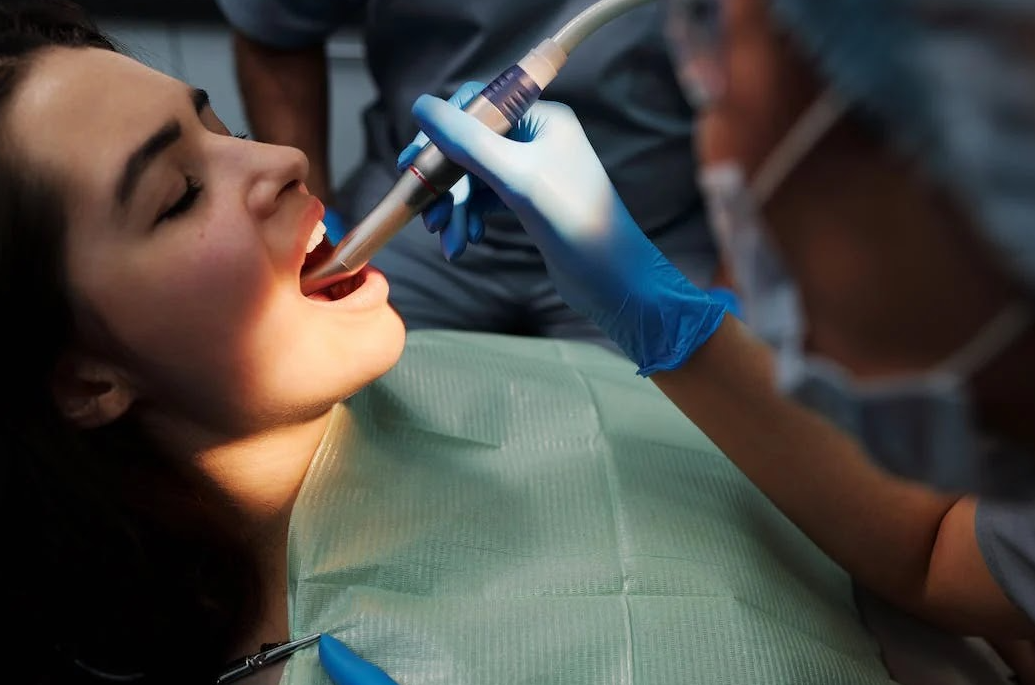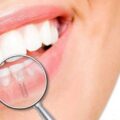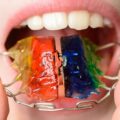Brushing, flossing, and visiting a dentist twice a year for basic dental cleanings all play an important role in oral health. Dental hygiene can help you battle bad breath and avoid gum disease. When one has bleeding or receding gums and loose teeth, the dentist may recommend a deep dental cleaning.
Deep cleaning, also known as periodontal scaling or root planing, is a technique that, like any other, has advantages, downsides, and hazards.
What Exactly Is Deep Dental Cleaning?
Deep teeth cleaning can be used to remove plaque and tartar buildup on the teeth. The technique reduces gum inflammation and significantly improves gum health. Plaque is a sticky coating that builds on teeth and contains bacteria that occur when food particles interact with saliva.
Brushing the teeth removes plaque, which forms on the teeth on a daily basis. However, it is insufficient to eliminate all plaque between the teeth. As a result, the remaining plaque progressively calcifies or hardens, becoming tartar.
Plaque or tartar buildup can lead to gum disorders such as gingivitis, an inflammation of the gums that, if left untreated, can progress to periodontitis.
Periodontitis is a dangerous infection that damages the bone that supports the teeth and can cause a variety of complications.
The Benefits of Deep Teeth Cleaning
If gum disease causes the gums to peel away from the teeth, creating a space of more than 5 mm, a deep cleaning may be required.
With the progression of gum disease, the gap between the gums and teeth widens, resulting in the weakening of the bones that support the teeth. This can eventually lead to tooth loss or loose teeth.
In such cases, the dentist will propose extensive cleaning, which has the following advantages:
- Prevents gum disease;
- Treats an existing infection;
- Promotes healing;
- Cleans the teeth above and below the gumline;
- Removes the bad breath caused by gum disease;
- Protects the teeth’s roots
The Drawbacks of Deep Dental Cleaning
Deep cleaning is quite effective in treating gum disease, but it, like any other procedure, has risks and downsides, which include:
- It has the potential to induce nerve injury;
- The gums’ reattachment to the teeth is not assured;
- It has the potential to cause a gum recession;
- Infection is possible, especially for those with weakened immune systems;
- Pain and sensitivity may occur.
Although pain and sensitivity are the most typical adverse effects of comprehensive dental cleaning, the dangers and problems are usually modest. Except in a few cases, pain and sensitivity endure just 5 to 7 days.
What Is the Difference Between Deep Dental Cleaning And Regular Dental Cleaning?
Deep teeth cleanings and routine teeth cleanings are not the same thing. Whereas routine cleaning removes plaque and tartar above the gumline, deep cleaning removes plaque and tartar below the gumline.
Gum disease can cause a space to appear between your teeth and gums, trapping tartar and plaque. A thorough dental cleaning can eliminate this accumulation.
Furthermore, extensive cleanings need two or more visits to the dental office for gum scaling and root planing. During a tooth scaling treatment, the dentist eliminates plaque and tartar from beneath the gum line.
However, during the root planning appointment, plaque and tartar are removed from the teeth’s roots, minimizing the gap between the teeth and gums. This promotes the reattachment of the gums to the teeth.
Antibiotics can be recommended for a few days during a deep dental cleaning to reduce the risk of infection, especially in people with weakened immune systems.
Is Deep Dental Cleaning Painful?
Scaling and root planing of the teeth can cause discomfort and pain. The following measures may help reduce sensitivity after the procedure:
- For a few days, eat soft foods;
- Foods and beverages that are very hot or cold should be avoided;
- Inflammation can be reduced by over-the-counter pain relievers;
- Using warm seawater to rinse the mouth;
- Brush and floss your teeth on a regular basis with a soft bristle toothbrush.
The bottom line
Deep teeth cleaning can assist in eliminating foul breath and accelerate gum disease recovery.
It is a relatively safe treatment, but there are certain hazards involved. Understanding the potential risks or side effects can help in making a more informed decision.






































No Comments